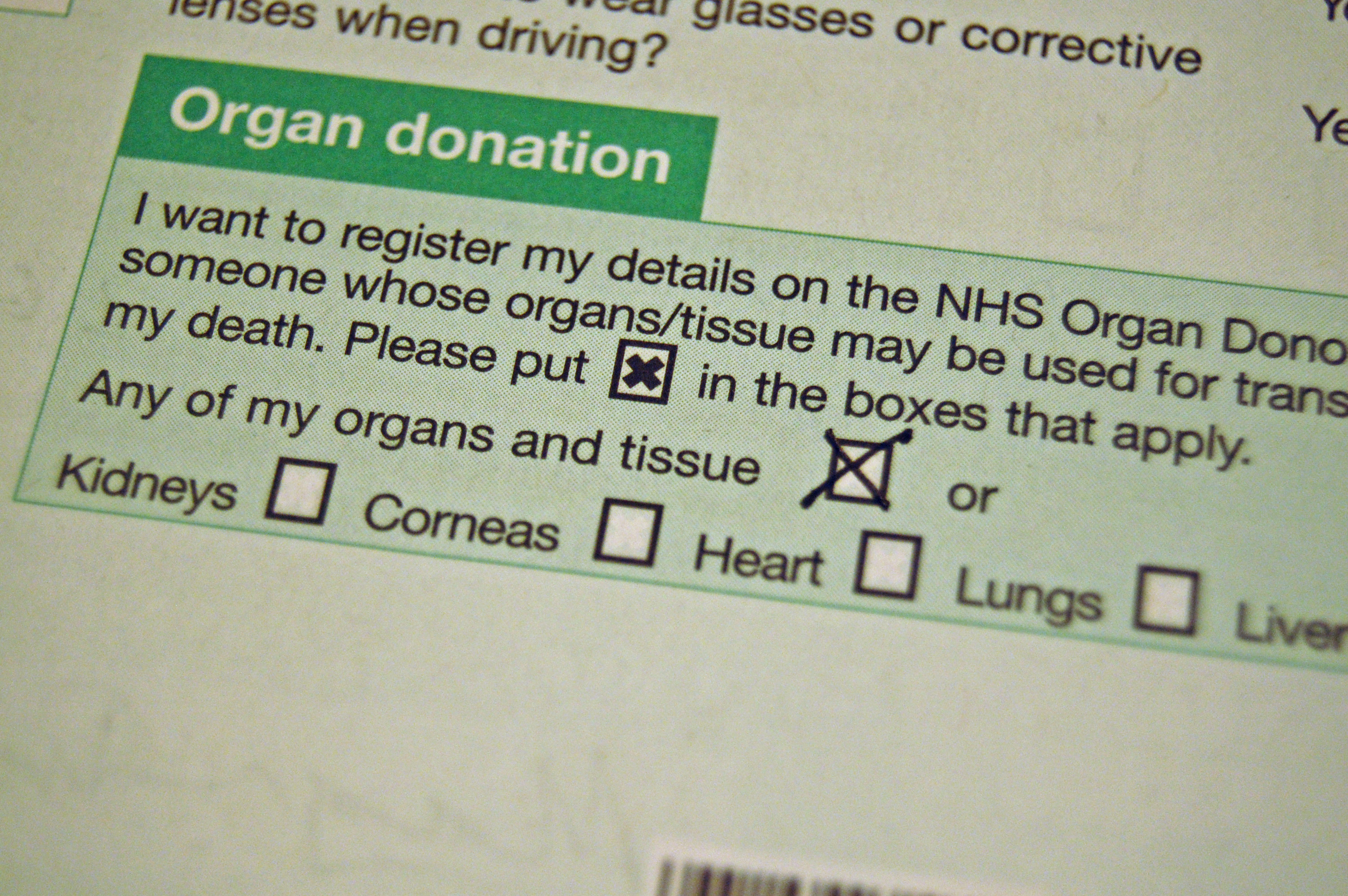As much as medical science has progressed, there are still many conditions and diseases that simply cannot be treated without entirely replacing the part of the body that is affected. Due to the increasing necessity for lifesaving organs and the ease of becoming a donor, able students should join the organ donor registry to save the lives of those after them.
Across the country, hospital rooms are filled with thousands of patients whose sole hope for survival is receiving a donated organ. The need for organs to transplant is growing every day. The American Transplant Foundation reported that around 115,000 people in the United States are on waiting lists to receive a lifesaving organ transplant, with another person being added every 10 minutes.
These people are often battling severe illnesses or were in terribly damaging accidents, and they are afflicted with conditions that can only be treated with a transplant. Because there is such a shortage of available organs, 20 of these people die every day while waiting for their transplant, according to the ATF.
The best way to save those lives is to have more organs available, which means more people in the organ donor registry.
If someone is dead, they do not need their organs. It is a macabre assertion, but that does not make it any less true. The parts one leaves behind can improve or save the lives of people who would otherwise die waiting for an organ.
According to LifeCenter Northwest, a single person can save up to eight lives through donating vital organs, tissue, blood and marrow to treat conditions such as organ disease, cancer and serious injuries. Those are eight human beings with families they can now come home to and lives they can now continue, all because someone agreed to donate the organ they needed.
“If you have viable organs and choose not to be an organ donor, you are actively wasting a lifesaving resource,” recent civil engineering graduate Rachel Elliot said. “A heart sealed in a coffin isn’t doing anyone any good.”
According to the World Journal of Transplantation, the gap between organs needed and organs available is growing rapidly. Because the conditions for a usable and healthy organ donation are so specific, the organ donor registry would need to include far more people than there are those waiting for a transplant.
Organ donation is done through the state, so if students did not sign up when they received their driver’s license, they can still sign up online at DonateLifeGeorgia.org. It takes moments to register and is completely free. Students have the option to opt out of donating certain organs as well.
In an ideal world, with the vast majority of the population being part of the registry, almost no one would die waiting for a transplant. Anyone with healthy organs should take the step to become an organ donor. Such a kindness not only lives on in the patient receiving the transplant but also in the relief and joy of their family and friends. Because able students have the ability to donate organs to help those in need, they all should consider the responsibility in doing so.


